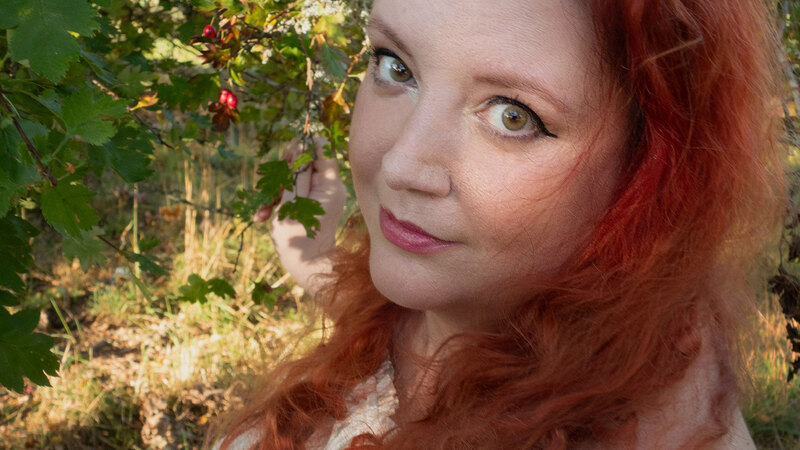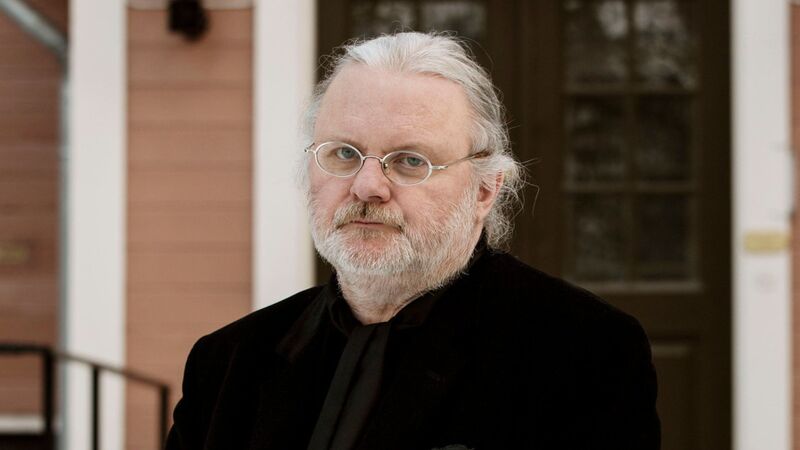You are viewing your 1 free article this month. Login to read more articles.
Extract: Narcopolis
Before Dimple came to be called Zeenat, she worked part-time for Rashid and disappeared every evening to the hijra’s brothel. I smoked at her station even if other pipes were free, and we talked the way smokers talk, horizontally, with long pauses, our words so soft they sounded like the incomprehensible phrases spoken by small children. I asked the usual foolish questions. Is it better to be a man or a woman?
Dimple said: For conversation, better to be a woman, for everything else, for sex, better to be a man. Then I asked if she was a man or a woman and she nodded as if it was the first time she’d been asked. She was about twenty-five then and she had a habit in those days of shaking the hair into her eyes and smiling for no reason at all, a sweet smile as I remember, with no hint there of the changes that would overtake her.
She said: Woman and man are words other people use, not me. I’m not sure what I am. Some days I’m neither, or I’m nothing. On other days I feel I’m both. But men and women are so different, how can one person be both? Isn’t that what you’re thinking? Well I’m both and I’ve learned some things, to my cost, the kind of thing you’re better off not knowing if you mean to live in the world. For example I know something about love and how lovers want to consume and be consumed and disappear into each other. I know how they yearn to make two equal one and I know it can never be. What else? Women are more evolved biologically and emotionally, that’s well known and it’s obvious. But they confuse sex and the spirit; they don’t separate. Men, as you know, always separate: they separate their human and dog natures. And then she said, I’d like to tell you more about it, about the family resemblance between men and dogs, because I have plenty to say, as you may have guessed, but what would be the point? There’s little chance you’d under- stand, after all you’re a man.
She’d learned English by conversing with customers and she was teaching herself to read. She knew enough of the alphabet to recognize some of the words in the newspapers and film magazines that came her way, or the paperback novels forgotten by customers at the khana, or the print on detergent packets and toothpaste tubes. Bengali gave her books some- times, usually history, but also philosophy, geography, and illustrated biographies with titles like Great Thinkers of the Twentieth Century and One Hundred Great Men of the World. He found the books in the raddi shops around Shuklaji Street, which was a centre of the trade in used paper, rags, toys, junk of all kinds. He gave her books and she read in secret, because she didn’t like to be seen reading. She read the way an illiterate person reads. She liked to look at the covers and trace the title with a finger, and if she was able to make sense of a line or a word, it gave her a thrill.
Narcopolis by Jeet Thayil is published by Faber.














